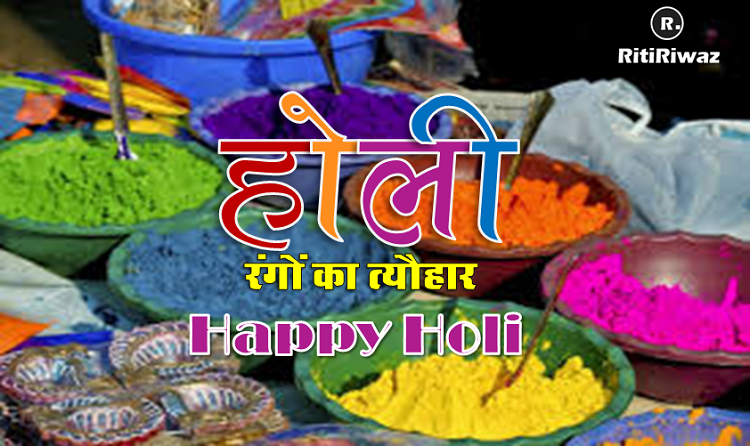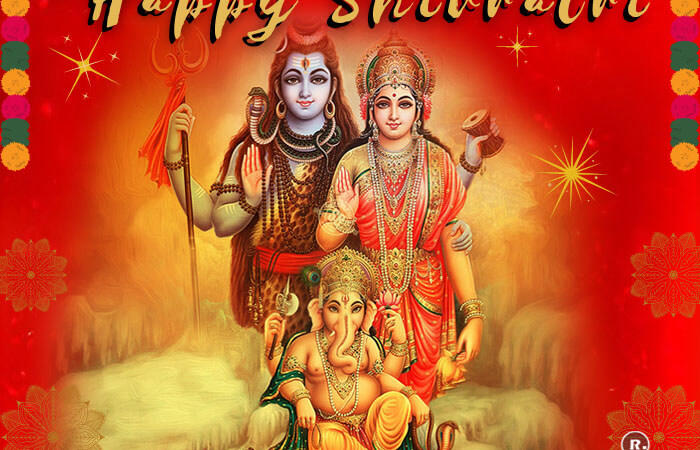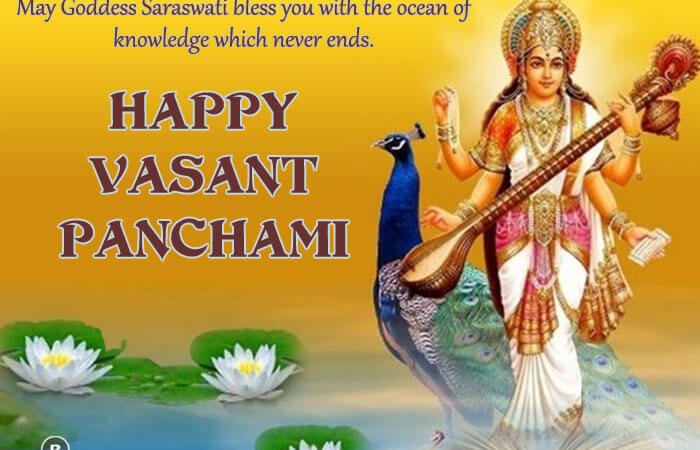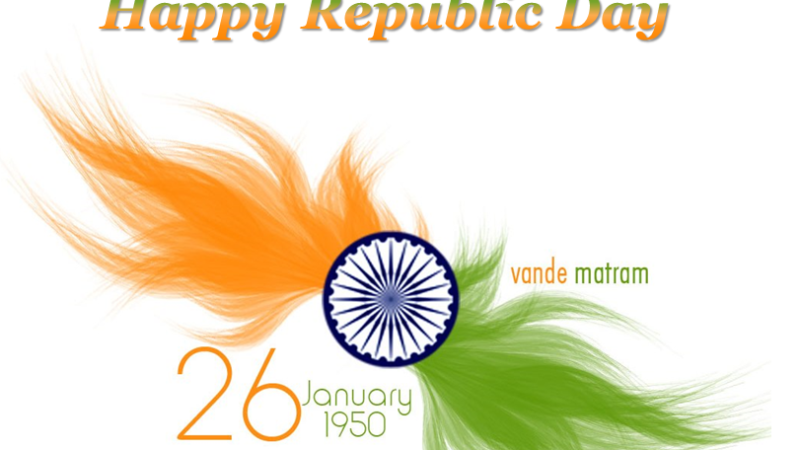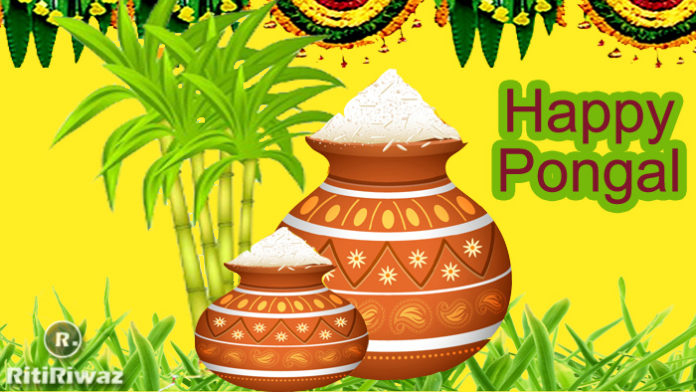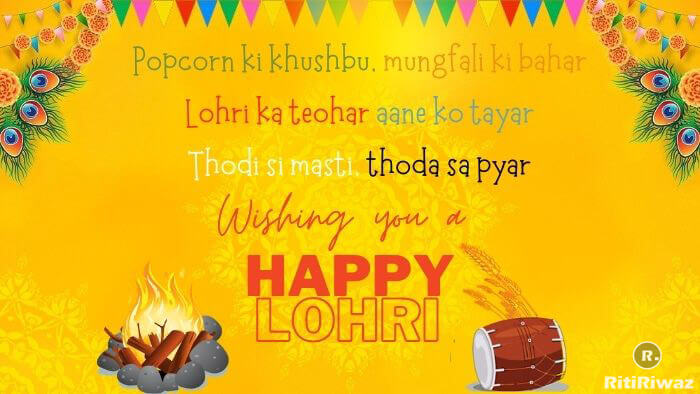Cheiraoba 2025 | Manipur New Year
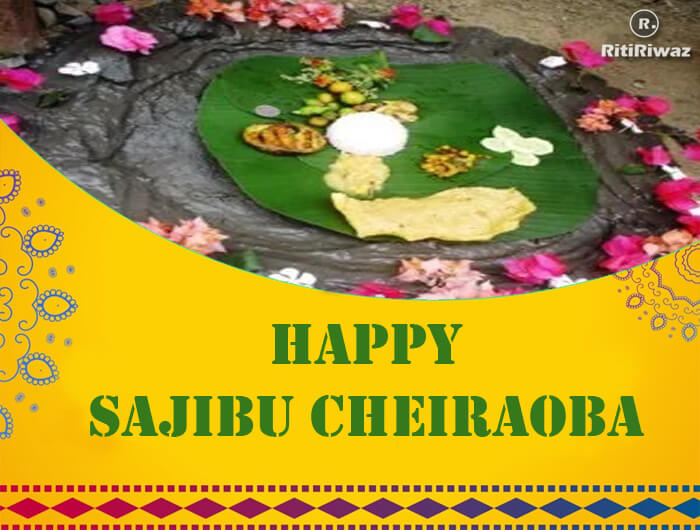
Sajibu Cheiraoba, Meetei Cheiraoba or Sajibu Nongma Panba festival marks the New Year for Meiteis (majority ethnic group) of Manipur, It is celebrated with cultural gusto and religious fervor in Manipur by people following Sanamahism religion. It is celebrated on the first day of Sajibu month (first lunar day of the lunar month Sajibu (March/April)). The day is celebrated in different parts of India with different name and traditions, who follow lunar New Year. In North India it is Chaitra Navratri, Ugadi in Andhra Pradesh, Karnataka, and Telangana, Navreh in Kashmir, Cheti Chand by Sindhi Hindus and Gudi Padwa in Maharashtra and Goa.
The name ‘Cheiraoba’ is a combination of two words: ‘Chahi’ (year) or ‘Chei’ (stick) and ‘laoba’ (declaration). In Sajibu Nongma Panba, Sajibu means the first month of the year, Nongma means the first date of the month, and Panba means to be. Literally the name of the festival means their first day of the month of Sajibu. Cheiraoba is also celebrated on the first day of the year according to Solar Calendar by another section of Manipur People. It usually falls on April 13 or 14. On this day different states like Bengal and Kerala celebrates the New Year.
In 2025 Cheiraoba will be celebrated on 30th March.
Manipur follows the Meitei lunar calendar and the first month is Sajibu (March / April of Georgian calendar). This is one of the sacred festival where people warmly welcome the New Year with religious fervor and gaiety and widespread celebration of the Cheiraoba Festival. The Cheiraoba celebration marks the parting of the old year while welcoming the new year. The occasion is received with great warmth and traditional customs by the community of Manipur. Tourists also visit the state to experience the unique tradition that exists in the society.
Rituals of Cheiraoba Festival
Spring cleaning activities will be seen in all the families of the Meitei people prior to the festival. They will clean all things, including clothes, utensils, all household items, unused items around the house, etc. It is also traditional to buy new clothes to wear on the new year. It is also traditional that a married woman should present a gift, usually a piece of cloth, to her father and brothers prior to the day of the festival.
Meitei people clean their houses thoroughly with special focus on the kitchen. On the morning of Cheiraoba, the chengphu or the container used to store cleaned rice is filled to the brim. It is the belief that this ritual will ensure the household a prosperous year ahead. The preparation begins early in the morning with both men and women and even the children of the household lending their helping hands.
As per tradition, various cuisines are placed at the entrance gate as an offering to the God for a prosperous year ahead. The dishes, along with flowers and fruit, is offered to God and the Manipuri forefathers as a mark of respect before the food is served to everyone and the guests. They pray and seek blessings for peace, prosperity and well being for the entire family. The number of dishes prepared for the festival is always an odd number (i.e. 7, 9 or 11 dishes).
The day begins with offerings and prayers to Lord Sanamahi. People enjoy sumptuous food served with variety of cuisines. Before having food a well prepared set of food is offered to Lamlai. In the afternoon people climb up on the hills with the belief to attain high principle of life, and to pray at the scared shrine located at the hilltops, especially at Chingmeirong, Cheiro Ching and Pishumchingn at Singjamei in Imphal Town.
People wore Manipuri costumes, known as ‘Phanek,’ which are bright colors but distinct from the rest of India. These wrap-around dresses are made of silk, hand woven and are embroidered with specific designs and patterns.
In late evening through the night people enjoy traditional Thabal Chongba dance performance held at various places, musical concerts and Shumand Leela among others in the evening of Cheiraoba Day.
The festival heralds the advent of New Year and strengthens the bond of love and brother hood among the members of each family.

